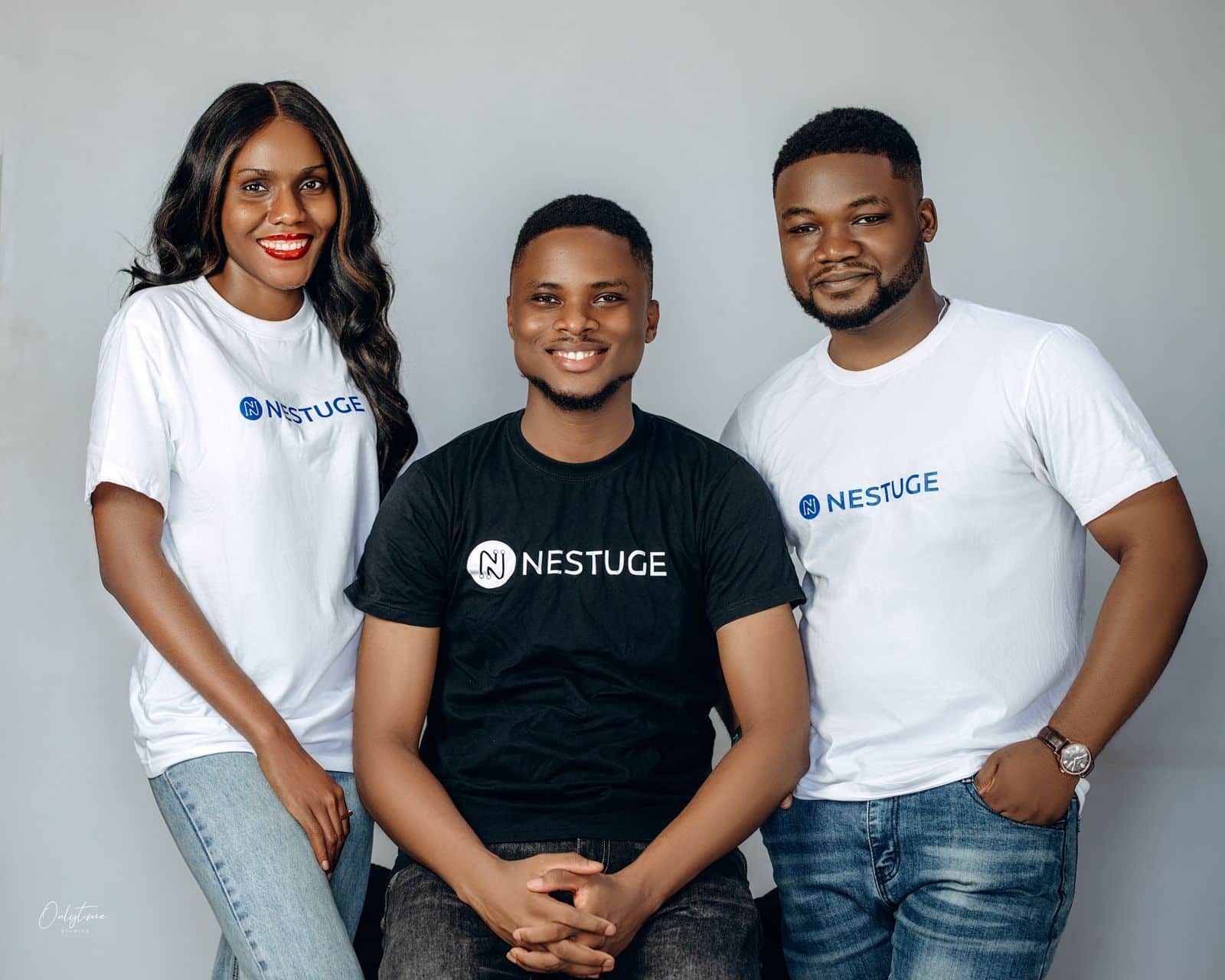Long before Africa thought of a name for its startups with $1 million valuation, the term Unicorn had been coined in the US to describe a rare breed of companies to reach $1 billion valuation in less than 10 years.
Most times, Unicorns are made based on valuations the investors and founders agree on. And with pockets full of private equity cash, these investors make questionable investments irrespective of the startup’s revenue, all in the hope of making profits from a high-flying exit or these Unicorns’ initial public offerings (IPOs).
No African startup that started operations in the last 5 to 10 years has achieved this feat, quite unlike startups in Asia, Australia, Europe, and South America.
Recently, Nigerian payment giant, Interswitch attained $1 billion valuation. But while the continent lauds this achievement, it took the company 17 years to reach Unicorn status.
With few contenders in sight, the continent has accommodated expat-led, but Africa-focused startups, in hopes of joining the elusive club.
This had led some investors in Africa’s startup ecosystem to shun the unicorn title and suggest a name more relatable to its environment and conditions.
Senegalese venture capitalist, Marième Diop, in a recent TechCrunch Disrupt event, explained that due to a complex business environment, African startups might find it difficult to reach $100 million in revenue or $1 billion in valuation while remaining private.
“It might be a better option to set lower revenue expectations and have startups list on local exchanges to raise capital from IPOs when they’re ready. We may be able to create more Gazelles at home than Unicorns abroad.”
A comment Jason Njoku, CEO of iROKOtv, in his tweet, seems to agree with.
Better option to set lower revenue expectations and have startups list on local exchanges to raise capital from IPOs Diop. “We may be able to create more gazelles at home than unicorns abroad, Gazelle = $100m+ valuation with $15-$50m in revenue. 🙌🏾🤢🙌🏾https://t.co/gZp0CxJOTC
— Mazi Chukwuma Jason Njoku (@JasonNjoku) October 21, 2019
She further went on to explain that Gazelles are startups with $100 million valuation or more while generating $15-$50 million in revenue.
In his Medium post, Director of Lagos Angels Network (LAN), Collins Onuegbu, talks about creating and sticking with a different narrative for African startups that have raised significant amounts in funding.
“[A] Unicorn is a mythical creature. Very un-African. But in Africa, we have the Gazelles. The African Gazelle is a sleek and stable creature used to the tough turf of Africa. So, the conversation has been raging. Should we follow the rest of the world led by America to continue looking for our own Unicorns or to define our Gazelles and look for them across Africa?”
Other investors in the continent like Stephen Gugu of ViKtoria Ventures and Keet van Zyl of Knife Capital have expressed similar views about Gazelles in the continent.
Africa might finally get its first set of Unicorn startups in the coming years as more investments come into the continent but for now, the continent should appreciate and work towards getting more Gazelles.











